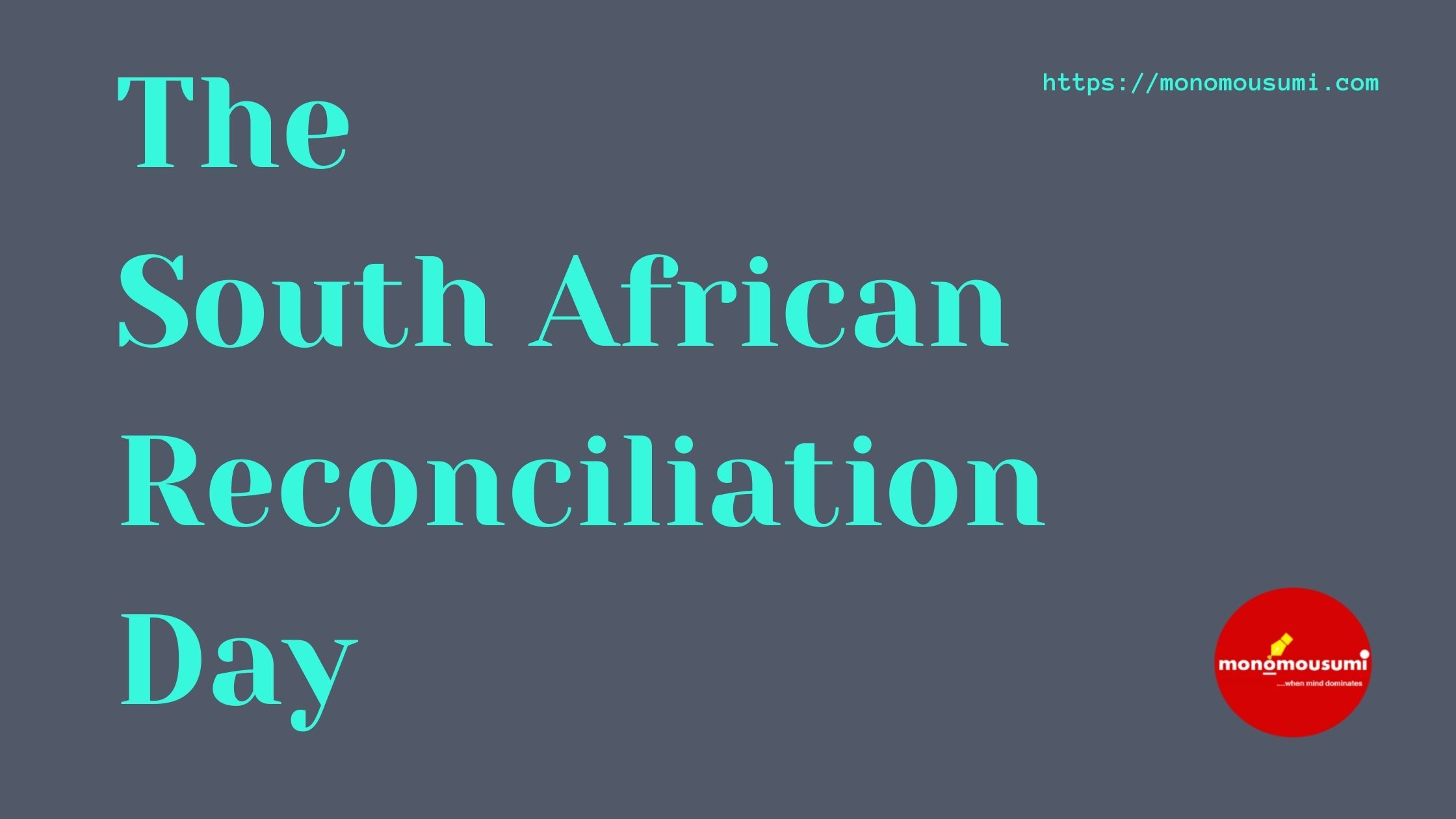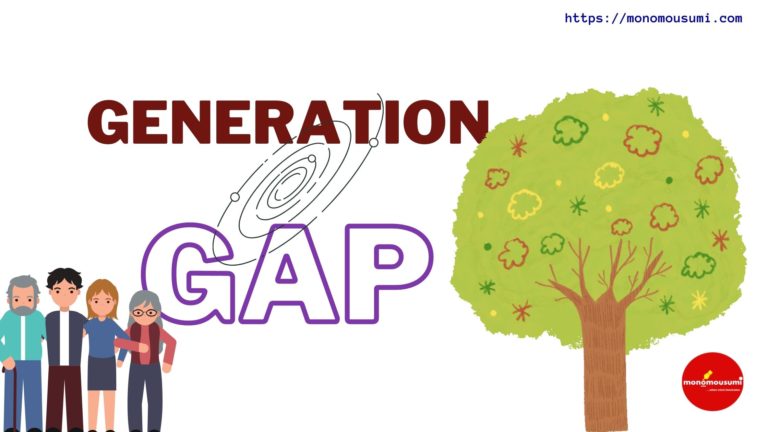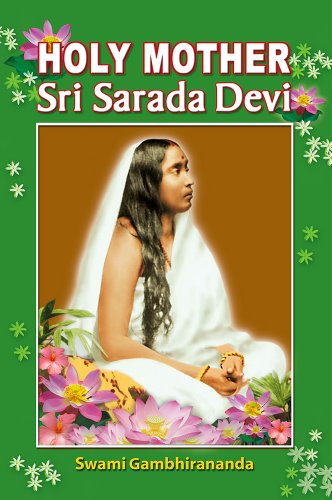
Unique, improvised, and selective celebrations are seen across different geographical locations. Mostly, taking the inspiration from the past memorable event, the celebration days are drawn in the calendars. Even some widely recognized international celebrations are celebrated as a memory specified to some country in general. The view to look internationally is not to choose the geographical location but to look up to the moral and humane link so that people across the globe can relate. One such day, which gives the inspiration and brings a concealed fresh history every year in front is the South African Day of Reconciliation. The day might generally and mainly be celebrated in South Africa but has an acute and tremendous message for the complete mankind which cannot be altered through ages.
16th December is yearly marked as the Day of Reconciliation. Even though it has the history specified with South Africa the day is seen in celebrations widely because the foundation message speaks to the complete world. Looking deeper into celebration and supplementing information about the day, it is regarded as the public holiday in South Africa and is mainly intended to focus on a new sense of reconciliation and building of unity in the country after a long chain of sacrifices and struggles. The day was firstly celebrated in the year 1995, right after the new independence of racial discrimination on South African soil. The authorities deliberately chose a common date that can be considered meaningful for the ethnic communities, mainly – the white and the blacks.
The initiative of reconciliation day
The harsh apartheid regime which produced a lot of segregation along with the ‘people of color’ of South Africa came to an end after different unilateral steps during the starting of the 1990s. Finally, after a long negotiation and struggle, the democratic government decided to lift the segregation principles on the people specified to a certain race and color. The first origin of the celebration of the day also goes along the history to the ‘Day of Vow’. The day commemorates the victory of Voortrekker over Zulus at the battle of blood river on 16th December 1838. The day hence has a very significant for the Afrikaner people, for the other major population, the day serves as the victory over the long harsh segregation and racial discrimination against the people of color.
Since its first public celebration in 1995 after the formation of the first fair elections, the day is celebrated widely with specific events across the nation. The day is generally marked by parades and other festivals in which people of different races participate widely. Other memorable days are matched along with the day like the statue of ‘first black president and a fighter against racial discrimination, Nelson Mandela was unveiled in the Union building in Pretoria. Every different year, a different theme is set to follow. Like in the recent celebration of 2020, “United In Action Against Racism, Gender-based Violence and Other Intolerances” were selected as the complete theme of the large celebration. The day is known by different names including – Day of the Covenant, Dingane’s day, and the day of the vow.
How does the reconciliation day represent the past of South Africa and the present of the world?
The Republic of South Africa is a divine land with a large internal diversity that co-exists in the same geographical location. The people vary accordingly in different linguistic, cultural, religious, and racial backgrounds. Such diversity might be beautiful externally but sometimes play a divisive role in society. Magnifying the scope of such diversity and the problem South Africa is not the only country in the world. Other countries across the globe also show the same example. Some popular examples include diversified countries like India, Indonesia, the USA, UAE, and many more of them where the diverse land is contained due to the variations in beliefs and practices of the native populations or accumulation of new customs by migration of foreign populations. Hence, altogether the real sense of reconciliation day brings the idea of unity and reconciliation to the forefront, to be accepted by different societies across the globe. The South African past has suffered a lot due to the racial discrimination and segregation of the people of the own land. The Apartheid regime resulted in excessive polarization among different groups.
The story behind the motive of Reconciliation day and the Apartheid regime
The Apartheid regime is discussed at different times across the passages. The same system resulted in making the day so special as it brings the memory of the tough time of South African past. The Apartheid regime was started by the European powers who occupied the land of South Africa during their course of colonization. The regime harshly discriminated and segregated the people based on their skin color and racial ethnicity. While the white Europeans enjoyed most of their civil rights with complete liberty, the other segment of the society, ‘the people of color’ were denied any such freedom. The discriminatory system resulted in making separate institutions and public places for whites and blacks. There were separate public toilets, parks, swimming pools, beaches, restaurants, living spaces, hotels, etc. for whites and blacks. A non-white person was not allowed to enter the area allotted to the white migrated population without their permission.
The system primarily discriminated against the non-white majority population of South Africa during the time of 20th century. Any organization or political leader criticizing the immoral system was met by heavy consequences. One such popular leader was Nelson Mandela who was utterly tortured and jailed several times just due to the aspiration of living in their land as free. After a long struggle and the cruel existence of political parties like the African National Congress, the Apartheid regime came to an end in the 1990s. When the Apartheid system was overthrown and the majority came into power by the formation of the first black president of South Africa – Nelson Mandela in the 1995 democratic election. The period turns out to be memorable and respectful in world history because instead of the absolute rule of the black majority, the government came with the idea of reconciliation in the society. The idea of unity, a united nation with equal treatment of people from all racial backgrounds. The reconciliation day celebrates the same spirit and remembers the unity and reconciliation of all the races on South African soil.
How does the reconciliation day stand as the ultimate example?
There are different things and moral natures that the particular celebration represents. Despite just rallies by the army, festive celebrations, there are other topics that the day reflects. It reflects the idea of unity in diversity in society. Even after a long struggle and complete discrimination in their land, the people of South Africa approached a better and most favorable way which provide liberty and quality life to the complete citizens of the country. There were some of the segments of the society that firstly looked for revenge from the community which segregated them in their soil. All such beliefs on the system of further revenge with the society were eventually suppressed and an idea of nationalism was ruled.
This shows the quality of reconciliation, of making new bonds with those who opposed your beliefs and civil rights. The future of South Africa was in the hands of the government. If the idea of revenge was given preference, the nations were further segregated and divided into shredded pieces with utmost enmity among the different cultural groups. The realist idea of reconciliation reflects every year how the idea of unification is necessary for a nation to move forward in alliance and development. Even after years, the day is celebrated with themes reflecting social unity among the society. Every year it reminds the people that there might be different forces and other natural variations of different people from other geographical locations but there is still a natural bond of humanity which still upholds the complete human species. Ultimately, it has to be united and work together for progress in humanitarian ways.
How can the world look up to the motive of Reconciliation day?
The celebration of Reconciliation day primarily focuses on two events – the end of the racist Apartheid regime and the commemoration of the Voortrekker victory. Out of these, the end of Apartheid is widely celebrated nationally. When it comes to the end of racism in society, even in the civilized societies of the 21st centuries it sadly persists. From different locations across the globe, there are still cases when people are racially targeted when they are in the minority or not represented due to linguistic and other barriers. Still, every year cases of intense racism come in alarming numbers, threatening and criticizing the civilized societies which are aspiring to conquer the exo-planets. Racism and discrimination on the same ground are persistent for ages. South Africa is one such location in the complete globe. The idea of reconciliation day reminds the people of the land every year that how the ancestors procured the land from the venom of racism and enmity among different races. In the long run, it also describes the world and creates a picture of how society can achieve freedom by eradicating the persisting social evils in the society.
The reconciliation day sounds like an ordinary South African celebration but it reflects a lot of humane moral values to the world. It perfectly reminds us how a nation can build a developed and civilized society with adequate unity and reconciliation among the communities of the society. It gives the message to the world that how discrimination is an utter social evil and can undermine the development and growth of the country. While in some other parts of the country the social evil of racism and segregation is still persistent and there are still thousands of reconciliation days which need to be celebrated.
By Md. Aaqib Khatibi, Bhilai, India


